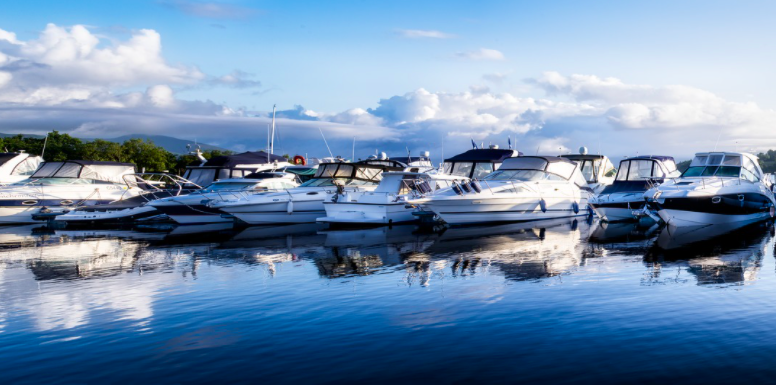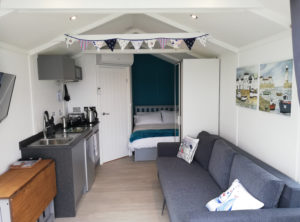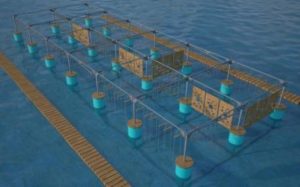Composites and recreational boating industry team up

The European Boating Industry (EBI) and the European Composites Industry Association (EuCIA), which between them represent the recreational boating and composites industries at European level, have agreed on a new partnership. The aim is to jointly tackle the key challenges around circularity of composites used in the recreational boating industry and promote sustainable recycling solutions to the supply chain for end-of-life boats, finding common approaches to the key issues of dismantling, recycling, and the future of composites.
Composites are the main material used for making hulls, decks and large components in boat building. The partnership estimates that 95% of all boats will have composite parts. Given that composite boats have been built already for several decades, the number of boats reaching their end-of-life is expected to increase in the coming years. Use of composites by the recreational boating industry is however estimated at around 3% of the global composite market with infrastructure, transportation, and the wind energy the largest use sectors.
“The recreational boating industry was one of the first segments that recognised the advantages of composites as light and durable material,” says EuCIA, MD Ben Drogt. “Now that the first generation of composite boats get to the end of their first use, EuCIA is convinced that the partnership with EBI will create a boost to further develop sustainable solutions to re-use the composite materials of these boats.”
“We are delighted to be closely cooperating with EuCIA and take on this important challenge through the partnership,” says secretary-general of EBI, Philip Easthill.
“It is crucial that our industries work together to develop the circular approach to composites that is environmentally and economically sustainable. While we have the challenge of end-of-life composites in our industry, it is only a small amount of the overall composite. This makes finding common solutions with other industry even more important.”
Concrete co-operation between the two organisations will include:
- Co-operation in the end-of-life boats working group, co-chaired by EBI
- Exchange of information on dismantling, recycling, new materials, life cycle analysis, and cross-sectoral cooperation
- Joint advocacy, communication activities and co-operation on projects at EU level
With partnerships like this, also in other applications areas such as the wind energy segment, EuCIA says it will look for synergy and support the development of economically viable re-use and recycle processes for composites.










